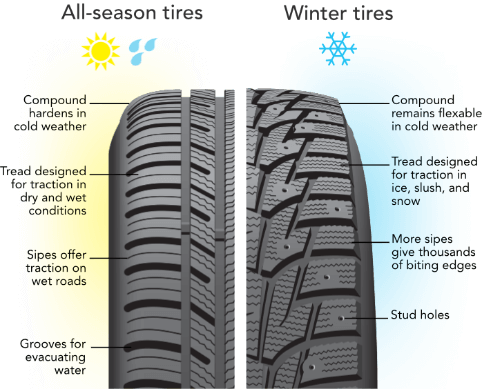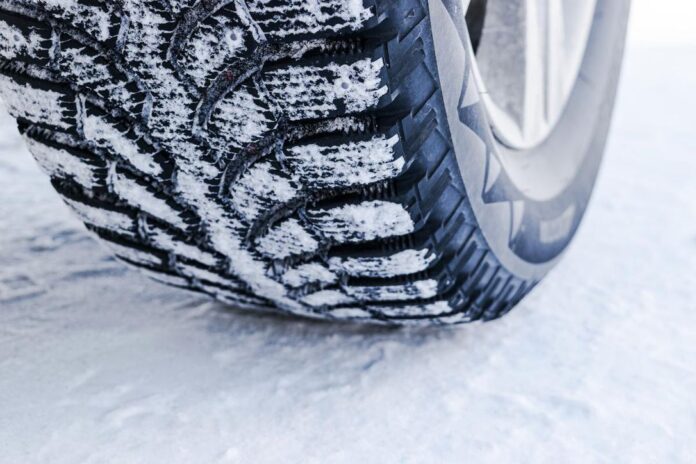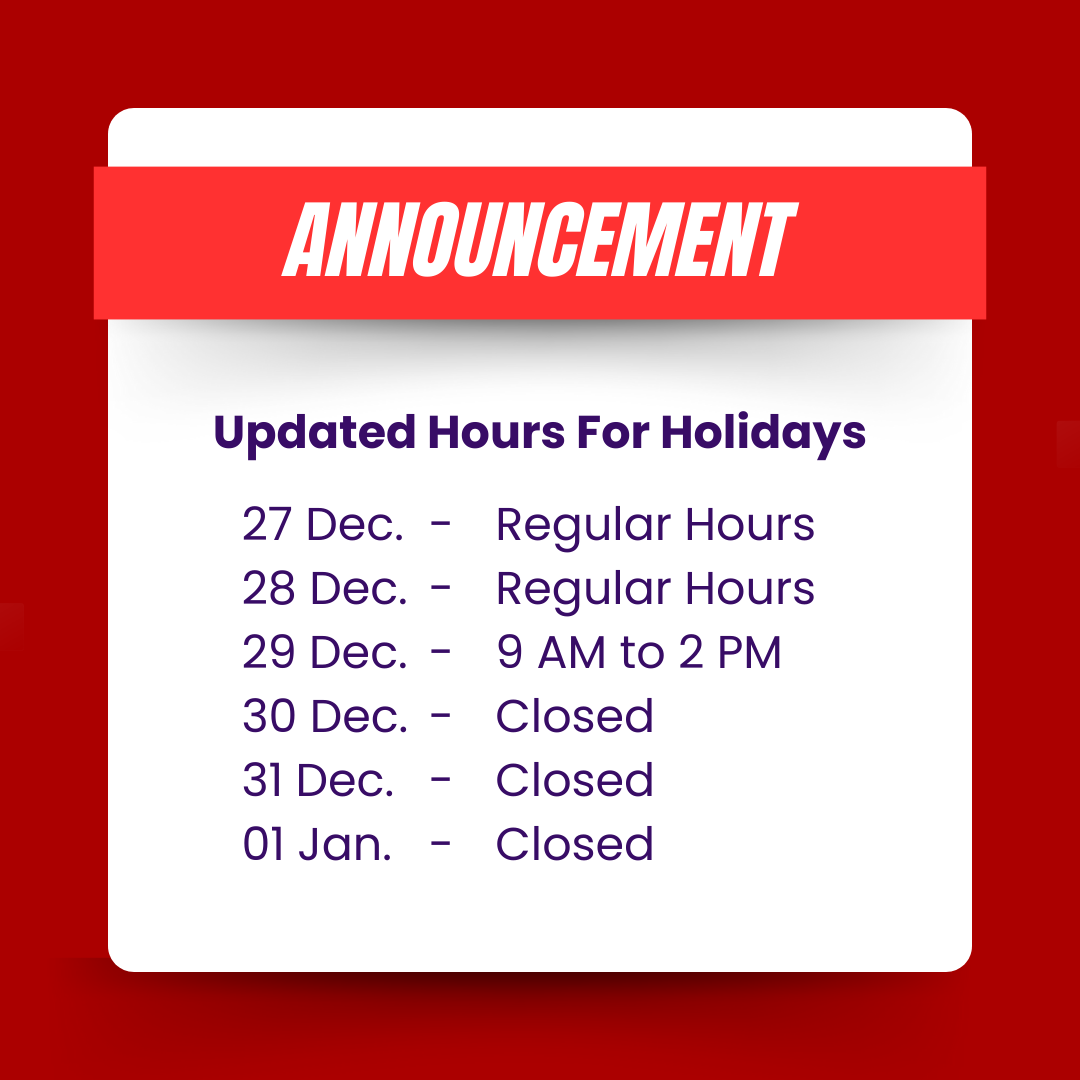“Staged” car accidents are orchestrated by fraudsters trying the profit from their actions. These staged collisions often cause extreme repair costs, false medical invoices, and contrived legal fees, all of which can result in large insurance claim payouts that line their pockets or help finance organized crime gangs.
Ways you can prevent or reduce these type of claims
Fraudsters love distracted drivers. Those wishing to execute these staged car accidents look for a driver who is clearly not concentrating on their surroundings: Some examples of bad driving habits that help their cause:
- Lost in thought, letting the mind wander
- Using a cell phone(even using hands free options)
- Concentrating on an outside person, object, or event
- Distracted by other passengers
- Reaching for objects
- Eating or drinking
- Adjusting radio or climate controls
- Moving objects in the car such as pets or insects
- Cigarette distractions, lighting, smoking, extinguishing
Always be vigilant and keep your eyes on the road!
Signs the “accident” was staged
It’s not always easy to spot a staged collision. The following examples are some red flags:
- The other driver stops and waves to let you in, but then drives into your vehicle after you make your move.
- The other driver is in a hurry to leave the scene and requests that you meet up at a collision reporting center before you’ve had a chance to review the damage or take down particulars such as the vehicle’s make, model, and license plate.
- The other driver cuts you off and immediately slams on the brakes, sometimes referred to as a “swoop and squat”.
- A tow truck driver shows up immediately and refers you to a specific repair facility instead of asking where your preferred repair shop is.
- The tow truck driver starts to ask you questions about the accident or recommends you visit a certain lawyer or medical facility ,be extremely careful when discussing anything other than the condition of your vehicle, and be wary of any recommendations.
- The other driver or tow truck driver requests that you sign a document at the scene.
What to do when the “accident” appears staged
- Call 911 immediately and tell the operator you think you’ve been involved in a staged collision. A police officer will come to the scene to assess.
- Note the number of passengers in the other vehicle. This prevents the other driver from making fraudulent medical claims for people that weren’t present.
- Ask any witnesses who weren’t involved in the accident to stay at the scene until police arrive or ask for their contact information.
- While you are both still present at the scene , take pictures of the damage to both vehicles.
- Make note of the other vehicle’s license plate number, make, and model. The other driver is also obligated to provide you with their license information, proof of insurance, and the name of the vehicle’s owner (as listed on their registration documents. If they refuse to, report it to the police.
- Report the accident to your insurance broker or company’s emergency service line ASAP. Provide all of the information you gathered and tell them about anything you found out of the ordinary regarding the car accidents.
Car insurance fraud affects us all
It’s not always possible to foresee or tell if an accident has been staged. If you suspect someone is planning insurance fraud or has already committed the crime, please take the time to report it.
Car insurance scams expensive for insurance companies, but also false claim payouts lead to higher premiums for policyholders. In addition, if you’re held responsible, you could face charges affecting your record and your own insurance premiums might increase.
Ian McMahon
SVP Business Development & Operations
905-362-8080 ext 303







